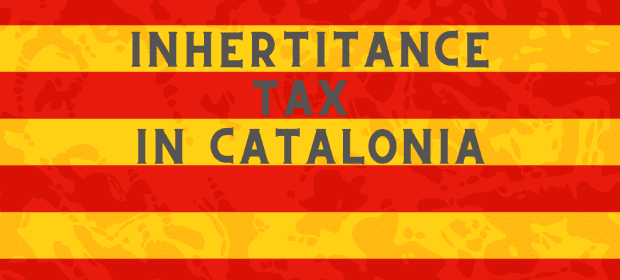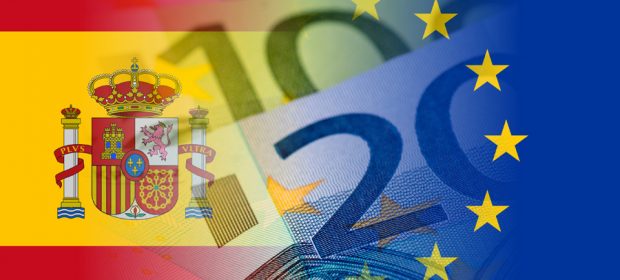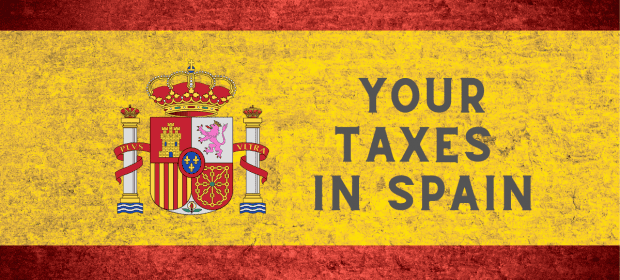The 10th November (10 N) General Election has, like in many other countries in Europe, resulted in no party gaining a majority of seats in parliament. The result is unsurprising, but what does it mean for our financial planning as individuals who are living in Barcelona and the Costa Brava?
With elections come many headlines, often contradictory. More and more we need to look beyond the headlines to find real data that helps with our planning. This is an example of why we need to look beyond the headline. The headline is ‘Ibex (Spanish Stock Market) rises 9.45% year to date’. Beyond the headline we find that profits of the companies that make up the IBEX index have fallen 20% to end of September 2019. How does this contradiction happen? The Ibex has no top weighting, unlike other indices, so can be highly affected by one company or a sector. The largest company on the IBEX 35 is Inditex (Zara etc) at 14% of the index. The banking sector represents 21% of the IBEX. This can lead to a distorted indication of the performance of a broader selection of Spanish companies. I have used the example of the IBEX because we live in Spain but it is similar for most indices around the World.
Below, I summarise points of the Spanish election that will impact our planning:
There is no sign that plans for post Brexit will be changed because of the election. This includes, for example, not changing the double taxation agreement between Spain and the UK.
It is unlikely that the change to a standardised method of Inheritance tax across Spain, as required by the EU, will be implemented as there is no majority government. Existing inheritance tax laws in Spain will remain the same.
The 10 N election was triggered because of the voting down of the budget proposed by the last government. The new government could well face a similar struggle to pass a budget. This means no changes to the tax rules and spending plans.
Still, borrowing by Spain will increase each year and this is similar across many European countries. Despite this, European government bonds have a very high price, many giving negative interest. Should you include these in your portfolio at this price?
The high prices in the stock market index and government bonds mean that headlines appear that suggest investing in commercial property as an alternative (there are lots of commercial property funds available). These headlines can include property growth rates from the last 10 years where property has enjoyed falling and very low interest rates. However, economic growth is slowing across the World and technology is changing our work, how we shop and play. Slowing economic growth and technological change mean that commercial property is not likely to do so well. A very careful approach to which property a fund manager buys will be especially important over the next 10 years. Without a majority government, we are unlikely to see Spain buck the World trend for lower economic growth.
We can take the following actions because of the elections:
Tax in Spain. We know the taxes and how to plan in a tax efficient manner because we have not had revisions since the last budget. Make your investments tax efficient.
Not all commercial property will do badly. Warehouses and logistically important points will do better than factories, for example. Warehouses are part of the Internet delivery system, which is becoming an increasingly large part of the shopping process for both companies and individuals. If we like commercial property we do not have to invest just in Spain. It is possible to invest in most of the developed markets.
When Barcelona city indicates that it will use driverless cars in the centre of the city, investment funds will buy car parks. It is estimated that the use of driverless cars will reduce the need for car parking in a city by as much as 70%. This could be a good opportunity as these car parks will be turned into other property types such as 3D printing manufacturing points, drone landing spots for internet deliveries and more. Admittedly, we may need to wait awhile before this happens.
Do not despair with shares. The major indices are used for headlines to give an indication of the relative price position of the market. Yet these indices are based on only a few companies e.g.
Spain Ibex – 35
France Cac – 40
Germany Dax – 30
UK FTSE – 100
There are many other companies to invest in these countries. We can also use funds which invest in companies doing business in and with India or China, for example.
There are some excellent opportunities in markets but it requires very careful and technical analysis to know which companies. Get help! See a previous article “5 mistakes the rich never make” which explains how the rich get help with their planning. I put this into practice in my own planning by using fund and investment managers to do the day-to-day management of my investments.
Good luck with your planning. If you would like to discuss help please feel welcome to contact me, especially if you own a business or are approaching retirement.
About the Author
Barry Davys is a partner with The Spectrum IFA Group. He lives in Barcelona and provides financial planning specifically for international people who live in Catalonia using his knowledge of Catalan, Spanish and UK tax. The advice is given in English. Business owners and people approaching retirement find his guidance particularly useful.













